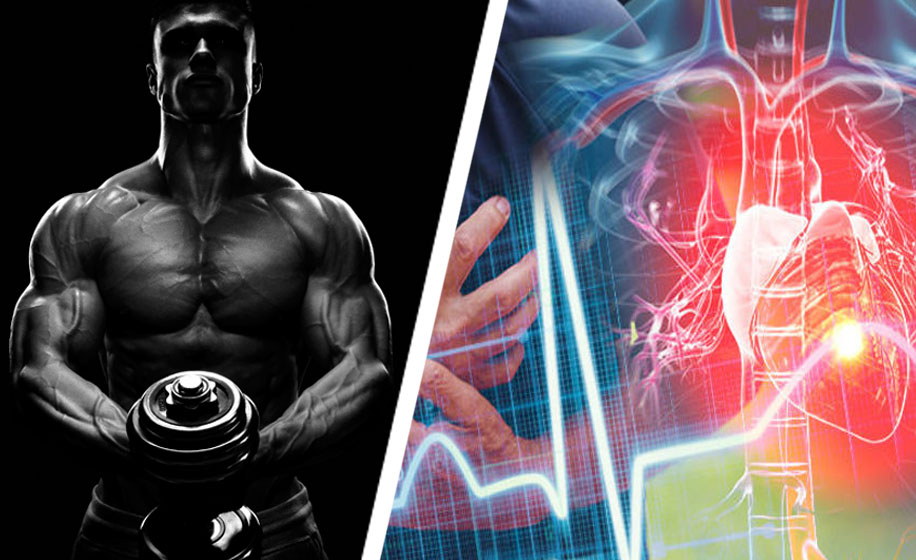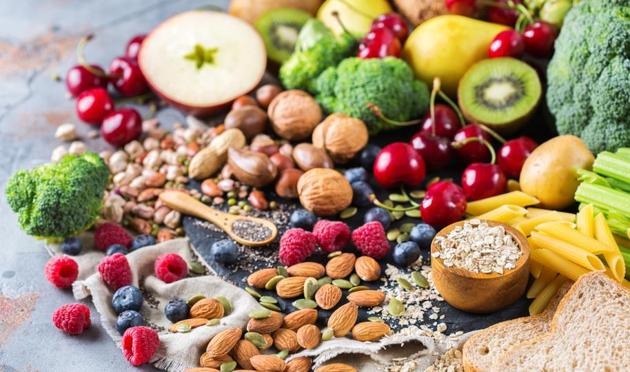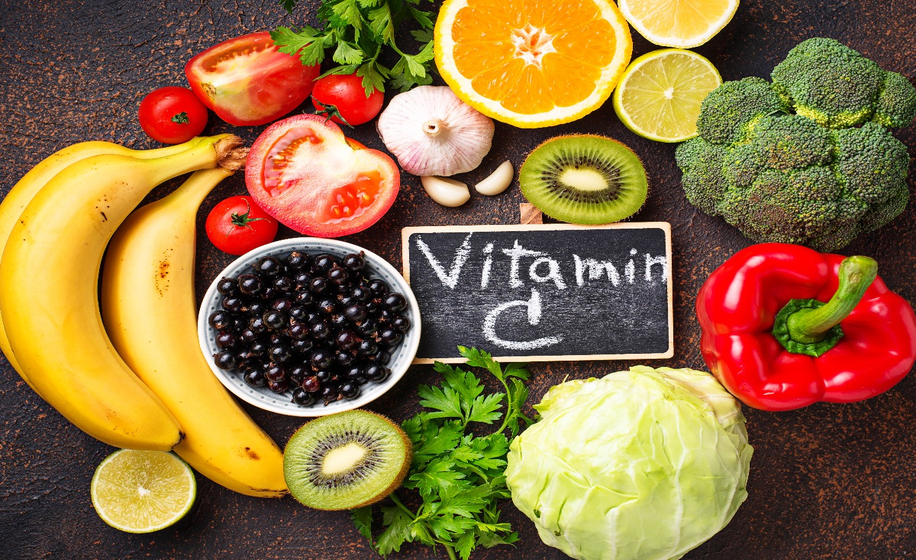Our Blog

High Protein Diet Benefits and Risks

Many health-conscious people in the world believe that a protein-rich diet is always beneficial. Similarly, people who want to shed extra fat and kilos consume protein-rich food without knowing the benefits and risks associated with it. The fact is the overconsumption of proteins can lead to death due to kidney failures. It is always recommended that protein-rich food should always be consumed after a proper recommendation from a health expert like a doctor or a professionally certified gymnasium trainer.
Benefits of protein-rich food
Protein-rich food has several benefits in performing the following roles. It helps in the maintenance and repair of body cells. This is because proteins play a key role in replacing tissue cells. The protein-rich food is genuinely effective in inducing hormonal changes. This is because proteins can signal cells and organs for communicating with each other. Enzymes are a type of protein and there are hundreds of chemical reactions that take place because of proteins. Therefore, enzymes can benefit considerably. Proteins also play a major role in both storage and transportation because it helps in transporting oxygen to the body’s cells. In the context of weight loss, proteins play a major role in reducing weight and shedding extra kilos. Protein plays a major role in maintaining body composition, weight, metabolic rate, and appetite rate.
There are several benefits of protein-rich food as it helps in suppressing appetite for hours together. Some hormones concentrate on increasing GLP-1 and PYY hormones that increase production. The hormone also helps in minimizing appetite and reduces food intake. Metabolic rate is directly related to burning more calories. Protein-rich foods are excellent in increasing the metabolic rate by almost 30 percent. Carbohydrates and fats are no match in front of proteins when it comes to boosting metabolic rates. Weight loss and compensation are directly related to increasing protein intake. In the context of women, weight loss and body composition are correlated with protein intake. Many research studies have shown that more protein intake helps in reducing fat.
Protein is important in increasing muscular mass. This is the reason many bodybuilders can increase both the power and size of muscles. It is an unpalatable fact that muscular losses happen as individuals age. However, this process of aging can be significantly decelerated by regularly consuming protein supplements. Men especially can reverse this loss by consuming casein or whey protein. Protein-rich foods are also beneficial for the health of the bones. It is an undeniable fact, that these foods can improve the healing process of wounds. Even bedsores can reduce considerably after consuming protein-rich foods.
Protein-rich foods are also consumed by people suffering from certain ailments because of their benefits. Diabetics, heart patients, and women undergoing menopause can benefit from having protein-rich diets. For diabetics, protein-rich foods can alter diabetics and have increased calorie consumption. It increases insulin production without even spiking sugar levels. A study has shown that if an individual consumes protein-rich foods such as meat, paneer, and dal and then consumes carbohydrate-rich foods, then glucose levels can be minimized. Similarly, protein-rich foods are known to boost immunity.
However, it is worth remembering that protein consumption can only be beneficial only if it is consumed in the right proportions. The Dietary Guidelines for Americans recommend that a maximum of 19 grams of protein should be consumed by children less than 4 years old. Till the age of 8 years, children can consume up to 19-20 grams. Average adults weighing around 70 to 80 kilograms, on the other hand normally should not exceed consuming 100 grams of protein per day. The best sources of protein-rich foods include tofu, dairy products, eggs, pork, beef, fish, and poultry.
Protein-rich foods sometimes are used in weight loss programs such as the Ketogenic and Atkins diet. The main feature of such a diet plan is to increase the consumption of protein and minimize the consumption of carbohydrates and fats. These types of diets help in decreasing weight, but the effectiveness is short-lived.
Risks of protein-rich food
Excess to anything is bad and that is certainly true for protein-rich food. Multiple health complications can arise owing to excessive protein. Excessive protein consumption can lead to massive weight gain. This is because extra protein consumption can lead to increased fat in bodies. Therefore, individuals who aim to reduce weight should never consume proteins more than the required amount as the efforts will be in vain and the results will be counterproductive. Excessive protein consumption can lead to bad breath especially if it is complemented by reduced carbohydrate intake. This is because excessive proteins can result in ketosis as it produces chemicals giving a foul smell. The most problematic aspect is even flossing and brushing cannot minimize this problem.
Excessive protein consumption can cause irreversible damage to kidneys and lead to death. It is a fact that excessive protein consumption leads to the production of excessive amino acids and kidneys may get impaired while filtering it out completely. It causes a strain as kidneys need to work hard to filter out and balance electrolytes. Overconsumption of protein especially through foods such as red meat can increase both cancer and heart problems. Both these ailments are deadly and are the largest cause of mortality. Red meat such as beef, and pork is very harmful as it can cause prostate cancer, breast cancer, and colorectal cancer.
Calcium loss can be the outcome of excessive protein consumption. This form of loss can lead to serious ailments such as poor bone health and osteoporosis. Protein-rich diets need to be supplemented by adequate consumption of water. Otherwise, proteins lead to flushing out of water and fluids. Diarrhea and constipation are common symptoms of protein overconsumption. Problems like lactose intolerance can become worse if one chooses milk as the main source of protein. Therefore, while taking protein-rich food it is essential to avoid caffeinated drinks, reduce consumption of fried foods and minimize fat consumption.







